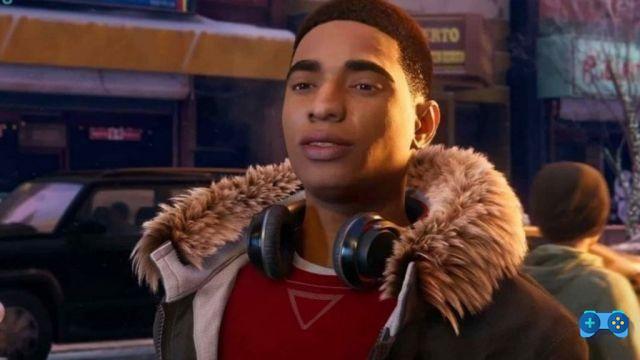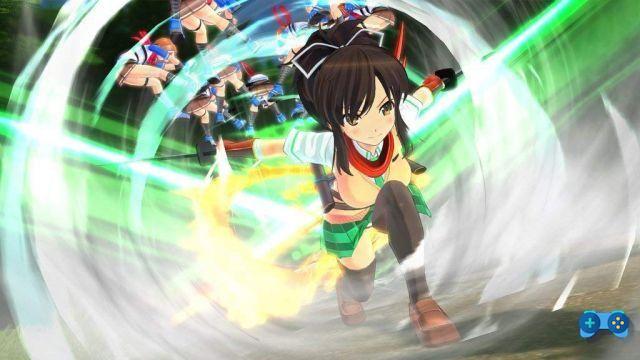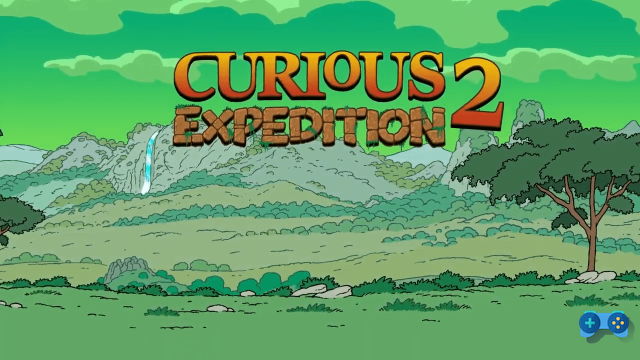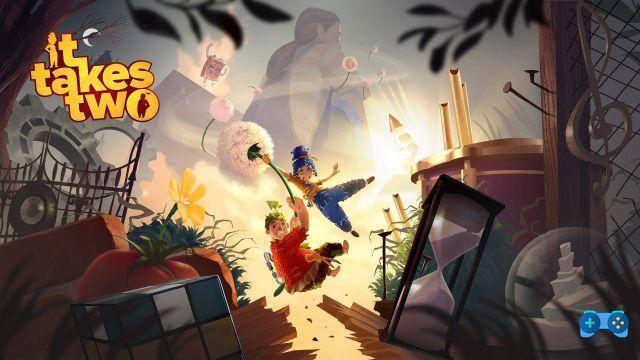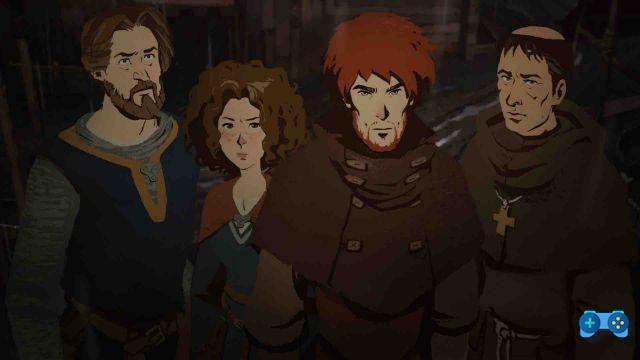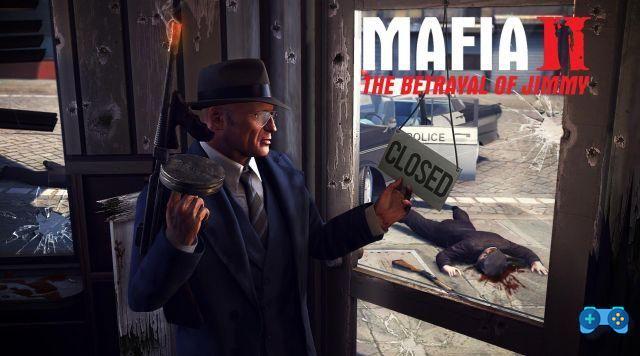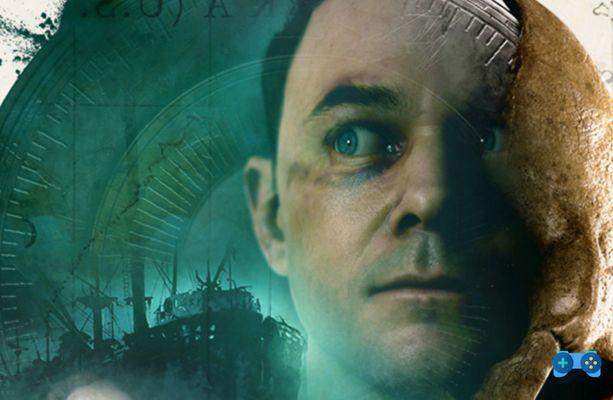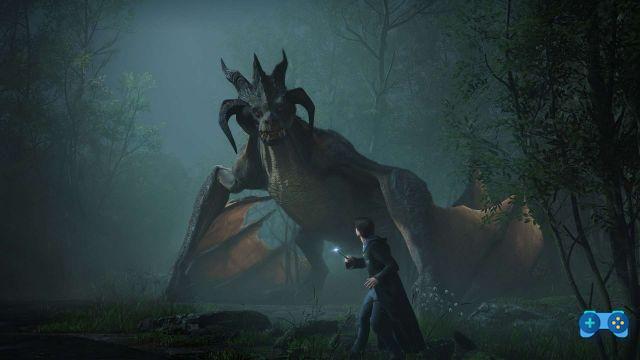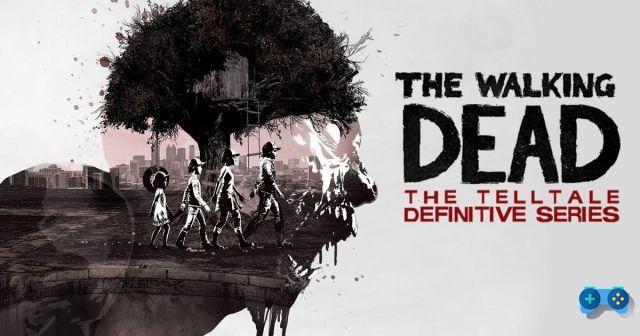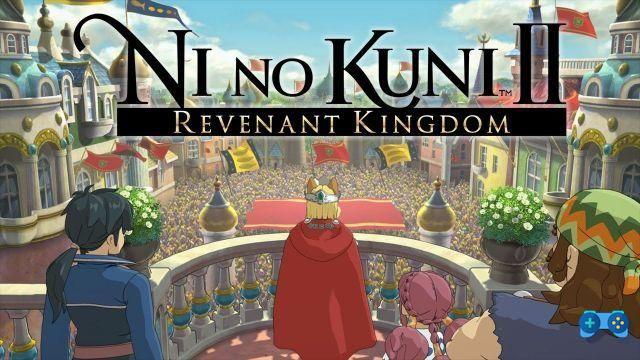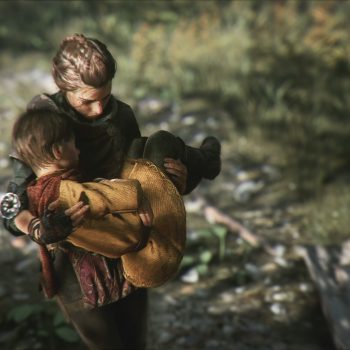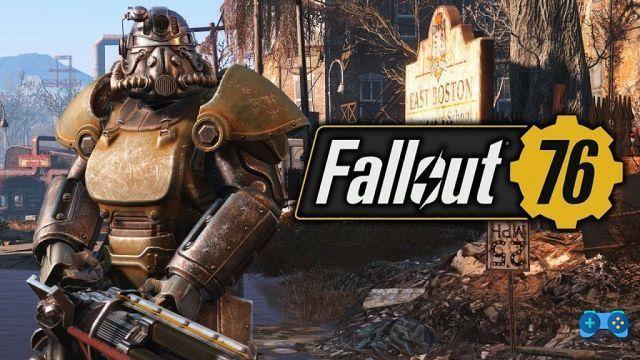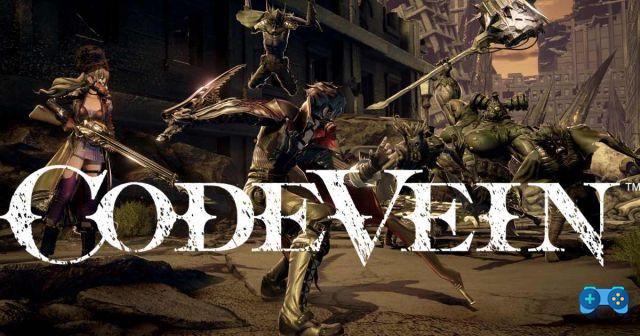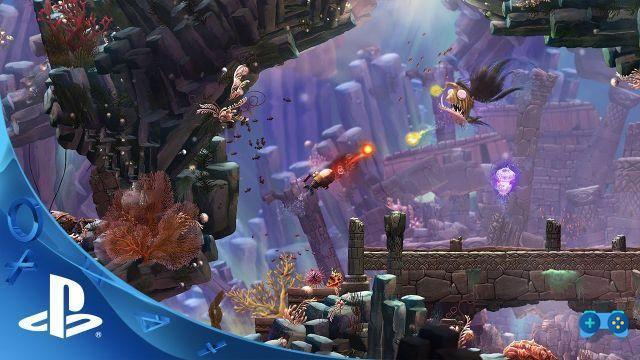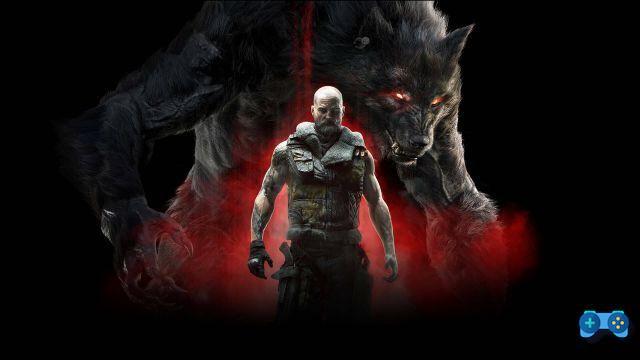The reaper is back!
Version tested: PlayStation Vita, PlayStation 4.
It was 1998: Tim Schafer, in collaboration with Lucas Arts, came up with two brilliant ideas. The first was to make a graphic adventure with an out of the ordinary charisma, whose main character would be a reaper of souls grappling with his personal problems and those of organized crime. The second, to carry out this project with a three-dimensional graphics engine, an absolute novelty in those years. Thus was born Grim Fandango, winner of numerous industry critics' awards and still remembered today as one of the best exponents of the genre.
It's been 17 years since then, and Manuel Calavera (the reaper, ed) hasn't aged a day. Well, it would be impossible since the characters are all already dead and literally reduced to the bone. The problem arises, however, for the playful production as a whole, which must necessarily face the weight of the years it leaves behind to offer itself to the modern player. And it is a battle from which, as we shall see, it does not come out entirely victorious.
A job from another world
Manuel Calavera is a last trip agent. It means that for work he is not a banker, but Death: he takes souls from our world and takes them to the Kingdom of the Dead. The latter follows the Aztec conception of the afterlife: the souls who arrive there must face several years of journey before reaching eternal rest. To shorten the route, Manuel sells them travel tickets: why walk to the Ninth Beyond, when you can take a bus, a ship or maybe even the fastest train in the other world, the Number Nine? It all depends on how the souls behaved when they were alive: if you have been bad, you will have to go on foot. Above all, the number nine ticket is not affordable for everyone.
The problem is that in Calavera not everything is going the right way: souls who have behaved correctly happen to him very rarely. This means selling fewer award trips, earning less… and staying longer without eternal rest! Yes, because Manuel is doing some sort of social service. Because of what he did when he was alive (which the player is not told) he will not be able to leave his job until he has paid his debt. However, things are destined to change the day when a very particular soul arrives at Calavera's desk, Miss Mercedes Colomar (but you can call her Meche).
Manuel begins to understand that things don't add up in his work and his executives when he discovers that the Number Nine ticket that belongs to Meche, who practically lived as a saint, has mysteriously disappeared. Or worse, it was stolen. From who? Without revealing anything, we anticipate that it will be up to you to solve the mystery, exploring the afterlife imagined by Tim Schafer and bringing things back to their normalcy, during a four-year journey. Rest assured, however, you will not have to play for so long: for those who have never had the opportunity to try the title, 6-7 hours will be enough to complete the adventure.
Reasoning, reflection and a pinch of imagination
Grim Fandango presents itself as a solid graphic adventure, a genre that has been in hiding a lot in recent years both for market reasons and for the tastes of the new generations, little inclined to careful reflection, to details and to a system capable of proving to be so satisfying in results as (sometimes) frustrating in the attempts. It is therefore a game where every little detail makes the difference. The environments, which range from the closed places of the Calavera office to the marine depths of the ocean, passing through entire towns and disturbing forests, must be explored in their entirety to continue the adventure. The objects, the situations, the words of the secondary characters, with which it is always possible to interact, must be mentally noted in order to have sufficient resources to continue through the levels, solving the proposed puzzles and the narrative junctions from time to time.
However, it is not enough to passively accumulate all the information that the game provides us: there will be many occasions in which the difference will not be so much the use of the right object, but a certain dose of creativity and mental dynamism. If a simple crumbled baguette will not serve you to scare some very dangerous pigeons, perhaps it will be necessary to combine it with some other object that then and then seems highly unlikely. A guy near the stalls might give you the right hint, if you can handle his temper. Fantasy and intuition are also essential components of the creation of Lucas Arts, which combined with reasoning, exploration, the charisma of the characters, and situations as improbable as they are brilliant have granted the right fame to a game still considered a cornerstone of the genre. .
Never the same puzzle twice, never a loss of attention to history. Often the driving force stops being the challenge with oneself to solve yet another enigma and becomes the curiosity to find out what will happen now in Calavera, to his friends and where everything wants to end up. An efficient mechanism, which only sometimes perhaps pushes itself to present an apparently unsolvable situation, but never such as to lead to real frustration: the balance between clues and resolutions, history and exploration, protagonists and supporting actors is, if not excellent, very well working.
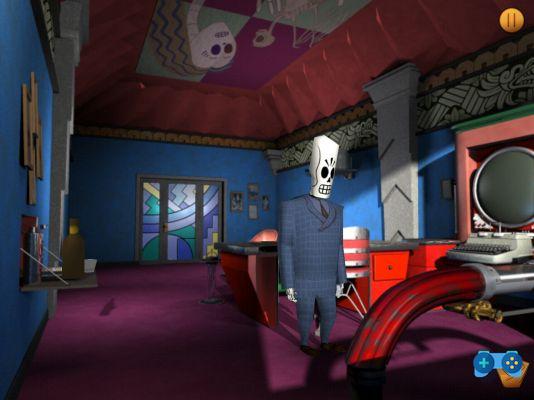
You don't change a winning team… or do you?
Let's come to the point: if the game has made history and its qualitative and quantitative value can hardly and with great caution be questioned (and in any case it shows boldness, despite the passing of the years) to what extent a review can be pushed in making a judgment? To answer this question, we must consider that we are talking about a remastered version. This means that up to a certain point we must qualitatively evaluate Grim Fandango per se: and it is clear that his charisma has not waned at all over the years. It made history, it influenced the genre, it pushed it to evolution (perhaps the last one, that of the three dimensions). On the other hand, however, it is necessary to understand above all to what extent the title has been restructured compared to how the original was. Which, after all, wasn't too bad given the results of this remaster.
Grim Fandango Remastered lives on so basically of reflected light: that of the old Grim Fandango, in fact. The soundtrack has been revised (and some tracks completely renewed), the Spanish dubbing maintained at the same levels, the cross-save between the PlayStation Vita version and the PlayStation 4 version (among other things, the game is sold in a bundle: with 15 euros you can take both versions home). The polygonal models of the characters have been improved, made more defined. The whole revision work, however, stops there. And the technical limitations are all too obvious.
Could something more be done? A lot, in our opinion. The 4: 3 ratio is identical to the original, which greatly annoys not only the overall glance, but forces you to play the home version with the support of the side frame. The “full screen” mode is unsustainable: the images dilate and deform in width. These are perhaps marginal details, for obvious more than negligible reasons on the portable console version, but which overall have their weight. The backdrops, scenarios and environments have only been remastered in minute detail, but an overall sense of graininess remains, especially in the cutscenes footage. A complete revision would have required in practice to rebuild the game from scratch, because basically it is hand-made drawings: a simple observation to account for the limits, certainly not a justification. Furthermore, in the portable version, framerate drops are not uncommon, although not such and so many as to be annoying.
Finally, it is impossible not to mention the system of saving and loading data. The waiting times are really long for a similar game, by the way remastered. We also encountered frequent problems in loading that prevented us from resuming the adventure from where we left it: a patch on this should already have been released (and this also says a lot about the shrewdness of the revision work) and we want to hope that however it was a sporadic case. But these are the details that leave a bad taste in the mouth: the conversion perhaps should have had a completely different consistency, at least in the characteristics that it was possible to review, to offer a title that is not necessarily in step with the times but at least much more fluid.
In short, we didn't want a Grim Fandango in 1080 pixels, but at least a slightly cleaner Grim Fandango, with less intrusive loads and saves, with certain less “jerky” sequences. Nothing capable of ruining the adventure in the realm of the dead as a whole, but enough to make those who have never played Grim Fandango turn up their noses, and see a game from several years ago revived at a price that is not all in all. indifferent.
Final commentGrim Fandango, in itself, is a true work of art, a title that must be played at least once in a lifetime. If you did not have the opportunity to do so in due time, or for some reason you missed it, we forgive you, but it is definitely time to fix it. We say it for you, because you don't know what you missed. After all, years later, it's not a bad idea to enjoy it in this new guise: Grim Fandango Remastered is what Grim Fandango was, with all the advantages it boasted in '98. The problem is that, when he tries to be something more, to get some dust off his bones, he can barely do it, with so much laziness. The improvements are too few to leave satisfied, the sense of incompleteness clashes with the general quality of the adventure. Because beyond the technical limits, Grim Fandango is a unicum, a game that can entertain, sharpen the mind and make people reflect: reflect on the contemporary world, on the value of money that conditions the life of even the dead, on the personal will capable of to face every adversity in order to reach the goal, on the value of friendship. All accompanied by a good dose of sarcasm and an irony, sometimes bitter and always pungent, able to conquer the player of the past and, hopefully, also the busy one of today.
|
| For | Cons |
|---|---|
|
- Unforgettable adventure
- Out of the ordinary charisma
- Difficult to the right point
|
- Unsatisfactory remastering
- Sporadic drops in frame rate
- Saves and uploads to review
|
| Overall rating: 70 |





